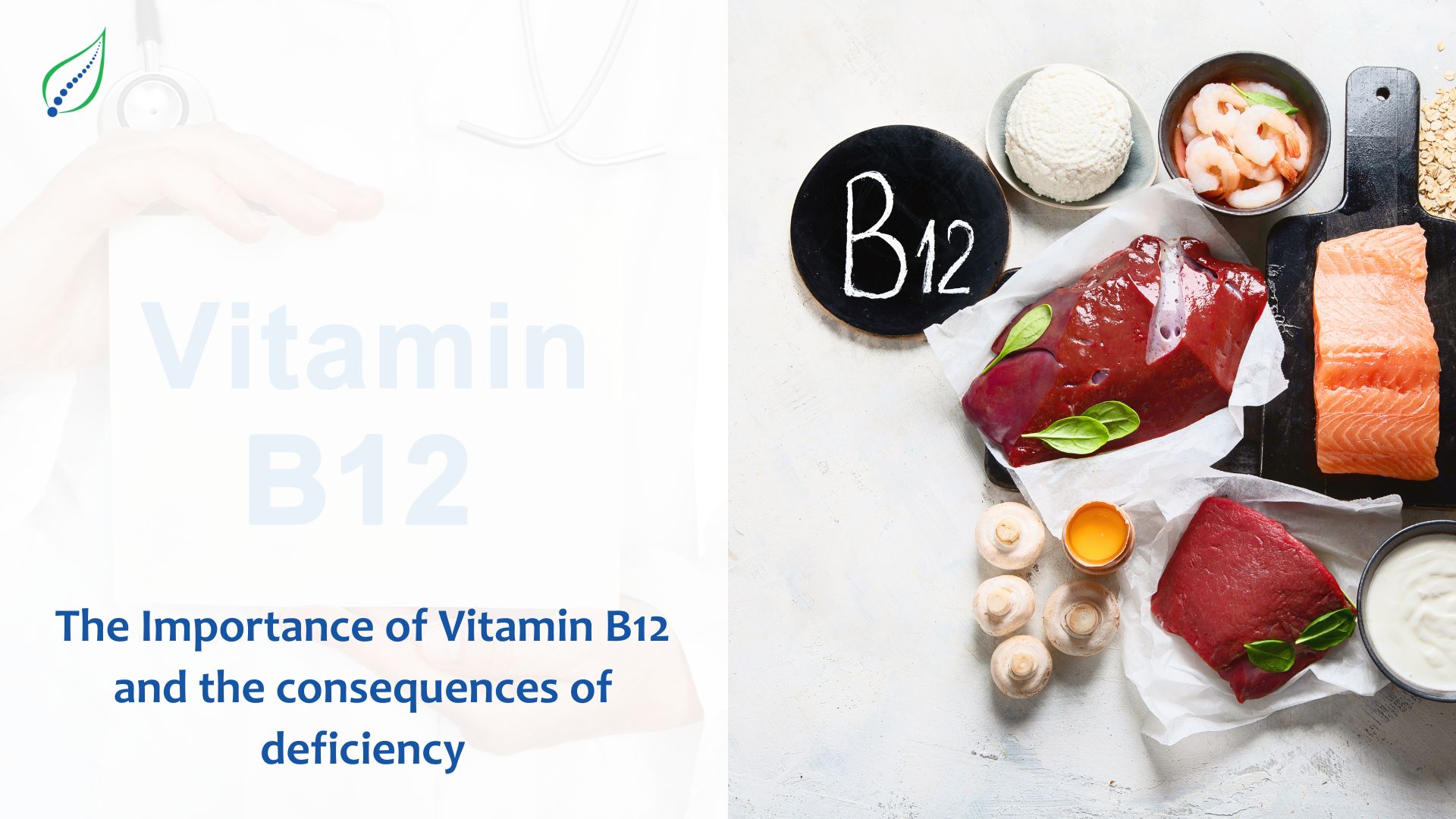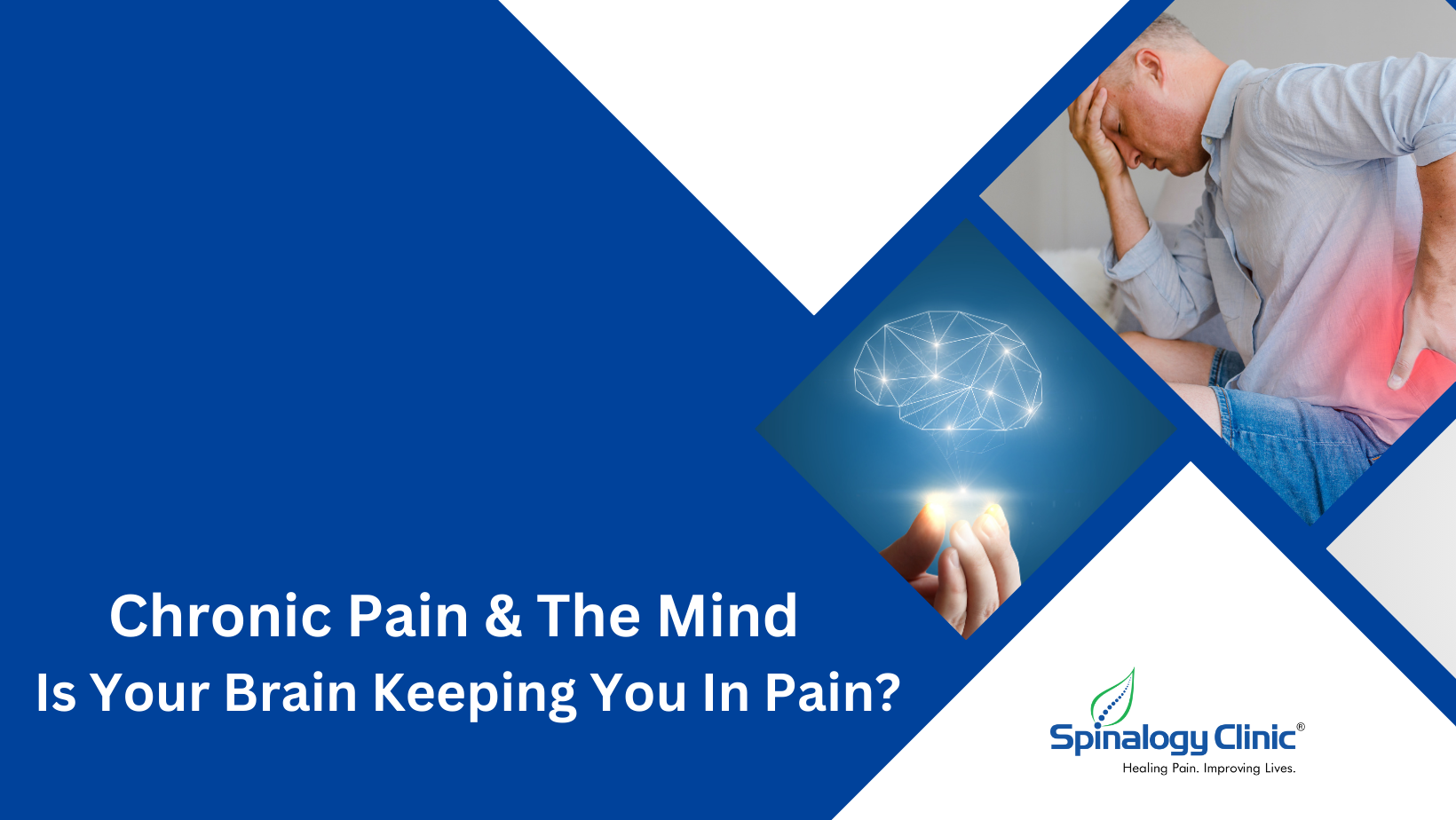The Importance of Vitamin B12 and the Consequences of Deficiency
Vitamin B12, also known as cobalamin, is an essential nutrient that plays a crucial role in many bodily functions. Our bodies cannot produce vitamin B12 on their own, so we must obtain it from animal-based foods or supplements. A deficiency in this key vitamin can result in some serious health issues if left untreated. In this post, we’ll explore why vitamin B12 matters, what causes a deficiency to develop, its impacts on our health, and how to prevent or resolve a shortage appropriately.
Why We Need Vitamin B12?
Vitamin B12 is necessary for several vital processes that take place in our bodies. Here are some of its key functions:
- Red blood cell and DNA production - Vitamin B12 helps create the red blood cells that carry oxygen throughout our body. It’s also needed to synthesize DNA, the genetic material that makes up our cells.
- Neurological function - B12 plays a role in the health of our nervous system and brain. It helps form the protective coating around nerve cells called the myelin sheath. B12 deficiency can cause neurological problems.
- Energy metabolism - Vitamin B12 aids in converting the food we eat into glucose for fuel. It also helps rid our bodies of a potentially harmful byproduct related to this process called homocysteine.
- Synthesis Of Neurotransmitters – Vitamin B12 is important in producing cruicial neurotransmitters, influencing mood, psyche and perceptions.
- Helping in detoxification – Vitamin B12 neutralises certain toxins such as cyanides and homocysteine.
As you can see, we really do need adequate levels of this water-soluble micronutrient for optimal health. Next, let’s talk about what puts us at risk of a shortage.
Causes and Risk Factors
There are a few key reasons one might develop a vitamin B12 deficiency:
- Inadequate dietary intake - Because B12 is only found naturally in foods from animal sources, vegetarians and vegans are at a higher risk if they don’t supplement appropriately or eat fortified foods. Even meat-eaters can be deficient.
- Pernicious anaemia - Some people don’t produce enough of the intrinsic factor needed for B12 absorption due to an autoimmune disorder. Pernicious anemia prevents proper transport and use of vitamin B12.
- Other absorption issues - Operations, diseases, medications, or conditions affecting digestion can also impact B12 absorption and utilization at times. Gastrointestinal surgery, Crohn’s disease, or celiac disease are examples.
As we grow older, we may produce less stomach acid needed to free B12 from foods, putting seniors at increased risk as well. With the reasons understood, what actually happens when we don’t get enough of this essential vitamin?
Consequences of Vitamin B12 Deficiency
If your body isn’t acquiring or processing enough vitamin B12, you’ll start experiencing deficiency symptoms at some point. Here are some of the common effects:
- Fatigue and weakness - Without adequate B12 levels, you’re likely to feel persistently tired and weak. Oxygen transport is reduced, and energy production takes a hit.
- Neurological issues - Nerve damage can start to occur, causing numbness, tingling, and even balance problems or memory changes in deficient patients.
- Psychiatric problems - Low mood, depression, confusion, and behavioural changes have been connected with B12 deficiency as well due to its importance for the nervous system and neurotransmitters.
- Pale skin, sores in mouth - Megaloblastic anaemia caused by B12 shortage leads to almost translucent, pale skin tone and mouth sores or tongue soreness.
- Vision changes - Optic nerve damage leading to potential vision loss may eventually occur if B12 status isn’t improved through treatment.
- Other risks - Low B12 has additionally been associated with poor bone health, heart disease risk, developmental delays in kids, and even some types of cancer later in life.
While a developing deficiency can take years to become apparent, many symptoms are reversible when caught early if properly managed. Next, we’ll talk about preventing a shortage in the first place.
Preventing a Vitamin B12 Deficiency
Because vitamin B12 only occurs naturally in foods from animal sources, anyone following a strict vegetarian or vegan diet is advised to take a supplement or eat fortified foods regularly. For those who consume meat, dairy, and eggs, making sure to incorporate these vitamin B12 dietary sources frequently can help prevent low levels from developing over time.
The current RDA for B12 is 2.4 mcg for adult men and women. This intake is easily achieved by having any of these foods daily: meat, poultry, fish, eggs, or dairy products like milk, yogurt, or cheese. Fortified plant milk, breakfast cereals, nutritional yeast, and soy products also provide B12.
Anyone at risk for deficiency due to health conditions, medication use, or advancing age should consider having periodic lab tests to determine if supplementation is beneficial, especially if symptoms start to appear. Some doctors may recommend a daily B12 supplement or regular B12 injections preventively for those more prone to shortage.
Let’s wrap up with a quick summary of why we need vitamin B12, what can cause levels to drop, and how to safeguard your health.
In Conclusion
Vitamin B12 plays vital roles related to red blood cell formation, neurological function, energy metabolism, and DNA production. An ongoing deficiency can lead to symptoms like fatigue, weakness, vision changes, numbness/tingling, anaemia, mood disorders, and birth defects during pregnancy.
Because vitamin B12 originates only from animal-source foods, vegetarians, vegans, and anyone with reduced intake or absorption issues could become deficient over time. Preventing or correcting shortage early on is important to avoid symptoms and health decline related to inadequate B12 status. Talk to your doctor if you have ongoing fatigue, digestion issues, or appetite loss for no clear reason.

_1742973131.png)
_1742634080.png)

